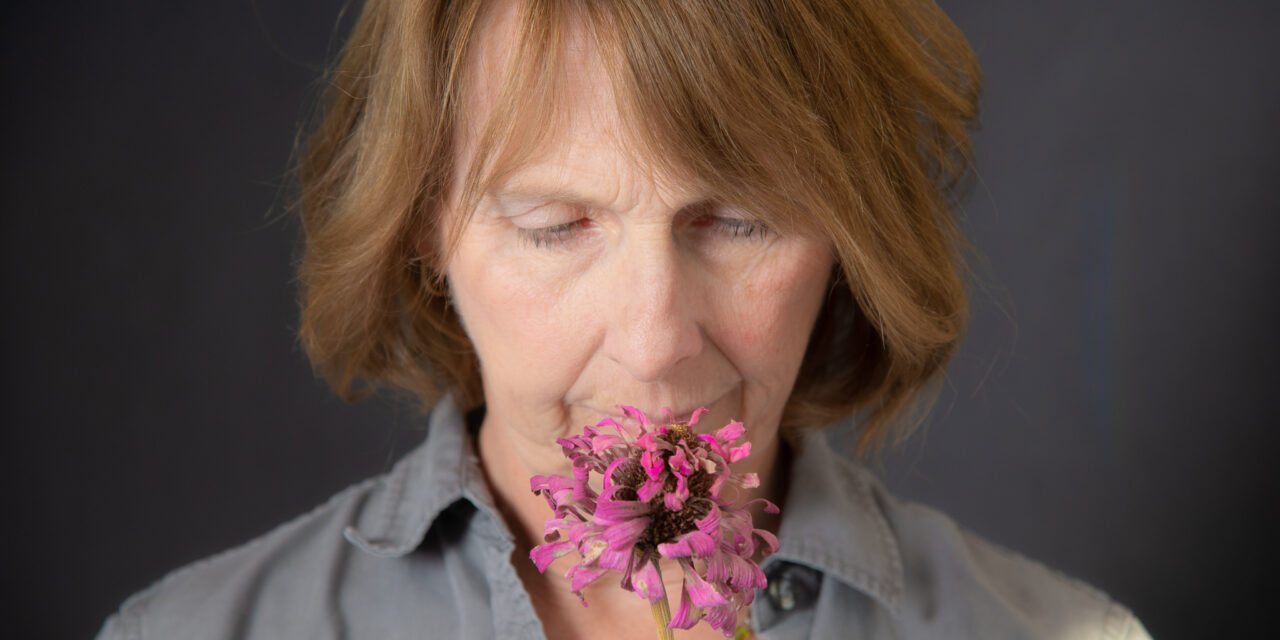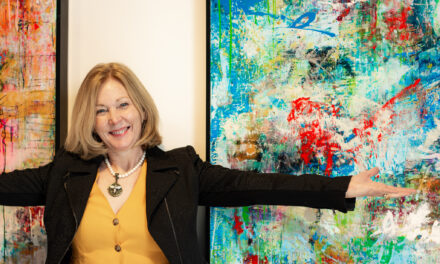I never expected to feel hung out to dry in menopause.
I know things are changing, but the study of the female body, specifically as it relates to menopause education has lots of catch up to do. And frankly, I believe women need to be educated about menopause in their 30’s to provide an overview of what will happen and how to best care for our bodies.
I say this because I was diagnosed with osteoporosis at the age of 51 after a DEXA scan. Though it’s not unusual for women to have osteopenia at that age, it’s young for osteoporosis. What I didn’t know until my diagnosis was that I was in the high risk category due to my fair skin and slight frame. Had I known I was high risk, I might have paid far more attention to calcium while younger.
I took a medical sociology course roughly 28 years ago and my final paper was on hormone replacement therapy. Would I take it during menopause or not?
My thesis in my late 30’s was that menopause was a natural life event that had been over-medicalized. In this paper, I pondered whether the risk was worth the reward. I also considered whether this was one more example of over-reach by the medical world, by men in particular.
At the time, I was hopeful that I would accept menopause and not fall into the rabbit hole of avoidance or turning to the pharmaceutical industry to help me.
It’s far easier to write about menopause when it’s years away. My perspective remains a part of my belief system today. I just have a different approach.
The vast majority of the women I meet are frustrated and angry with the lack of valuable menopause education.
Hormone therapy is one of those areas.
The use of hormones to aid women in menopause has little solidarity among medical professionals. One doctor might believe the reward is greater than the risk. Another might think women should just live with things like loss of libido, vaginal dryness, lack of sleep and hot flashes.
There is a school of thought that if you choose hormones, you better get off them by 65. Other physicians think it’s just fine to remain on them if there are no other contra-indicated health issues.
We have to be proactive to get the right answers for our own body. One doctor in Boulder told me that I should basically live with vaginal dryness and just use lubricant (which did not solve that libido issue). Another offered Prozac to help with hot flashes but wanted me to stay away from hormone replacement, frightened about potential cancer risks thanks to a flawed study back in 2002.
I can’t tell you what you should do beyond this: Find a doctor who is your partner, who listens, who is willing to continue to educate herself. Do not settle for less.
The North American Menopause Society provides listings of doctors by location who have received training in menopause. NAMS is a good site, though a bit glib on some topics. Still, it’s a start and there is some good information there.
In “Menopause’s Long Learning Curve,” these words resonated:
When it comes to managing menopause symptoms, there isn’t a single or simple solution—regardless of the latest research. “It not only requires a long conversation, but a process that’s a little bit trial and error, because every woman is different,” said Dr. Matthew Saidel, co-medical director of Women’s Health Connecticut and president of the Hartford Hospital Medical Staff.
Saidel believes there’s only one way to become expert at treating patients in menopause. “As patients age into the perimenopausal and menopausal stages, that’s when doctors get experience taking care of them. There really is no substitute in terms of the nuances you see,” he said.
To him, making that extra effort is worthwhile. “If women are going to live half their life after menopause, we’ve got to learn how to make people feel comfortable, and we have to be comfortable making people comfortable,” Saidel noted.
Chatting with friends, hearing about their issues and solutions that have worked for them is great, but what works for them might not be the best solution for us. And unfortunately, old information continues to float around about menopause therapies.
Then, there’s the celebrity experts like Gwyneth Paltrow who push products we don’t need.
I suffer from vaginal dryness. I’ve tried the Estradoil ring, cream, and Vagifem and they didn’t work. What finally worked for me was the estradoil patch (and progesterone). Until I began hormone replacement, sex was painful.
I’d like to say that the first physician I spoke with was sympathetic and knowledgeable, but that’s not the case. It took determination and a solid understanding of my own body.
It also took having a good gynecologist. I have a rare skin disorder in my vaginal area called Lichen Sclerosus which was not caught by my primary care physician during my annual pap smears. My gynecologist noticed it right away. Because this can lead to a rare form of cancer, diagnosis and treatment is critical. I had no idea I had it until I received care from a gynecologist–and one that specializes in gynecology, not delivering babies.
Talk openly about menopause with your partner or husband. Men are even more left out in the dark than women regarding our physical changes. Many men rely on media images of a woman in the midst of a hot flash or mood swing and as every woman past 50 knows, while those things can be annoying, they do not provide a comprehensive picture.
Maybe we shouldn’t have to be so proactive, aggressive even, about demanding quality of life at any age. But this is exactly what we may need if we want effective care.
These are my personal opinions and I wish I had more powerful answers beyond being your own advocate, and speaking openly and without shame about menopause with your partner. And always beware information that comes your way as if it’s a fact.
Remember the golden rule:
Research. Avoid wellness and quick fix scams. Listen to your body and your intuition. Seek your own best solution.





